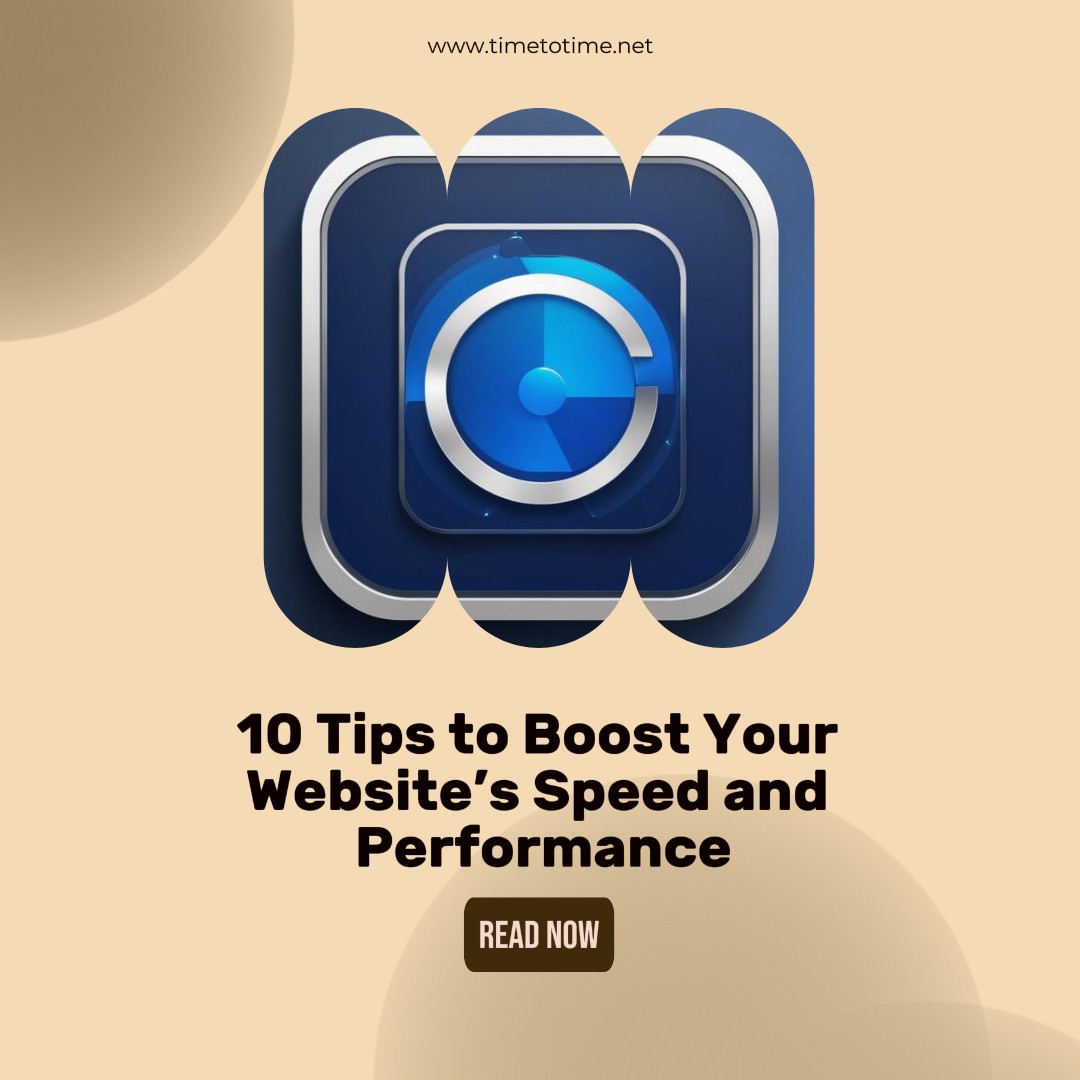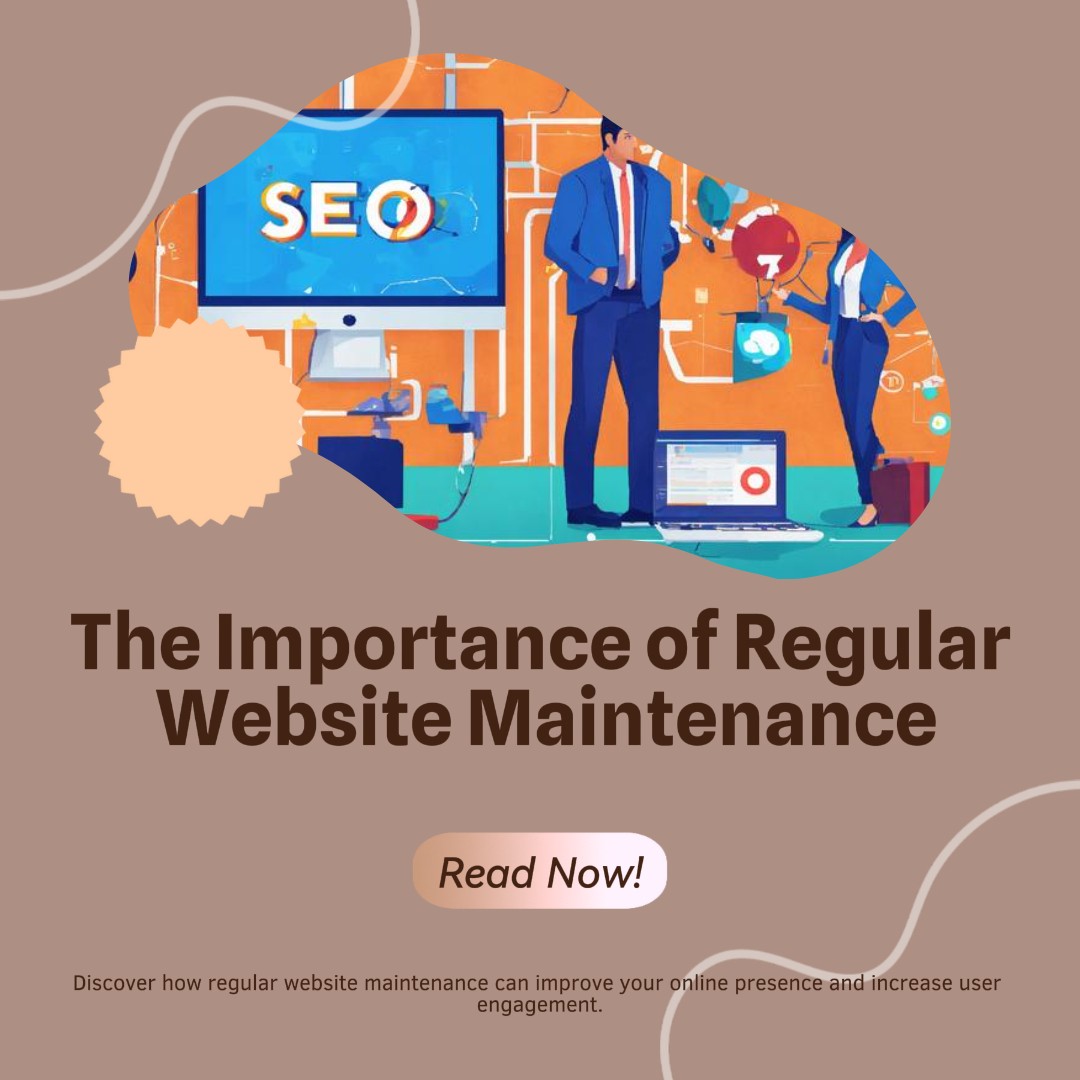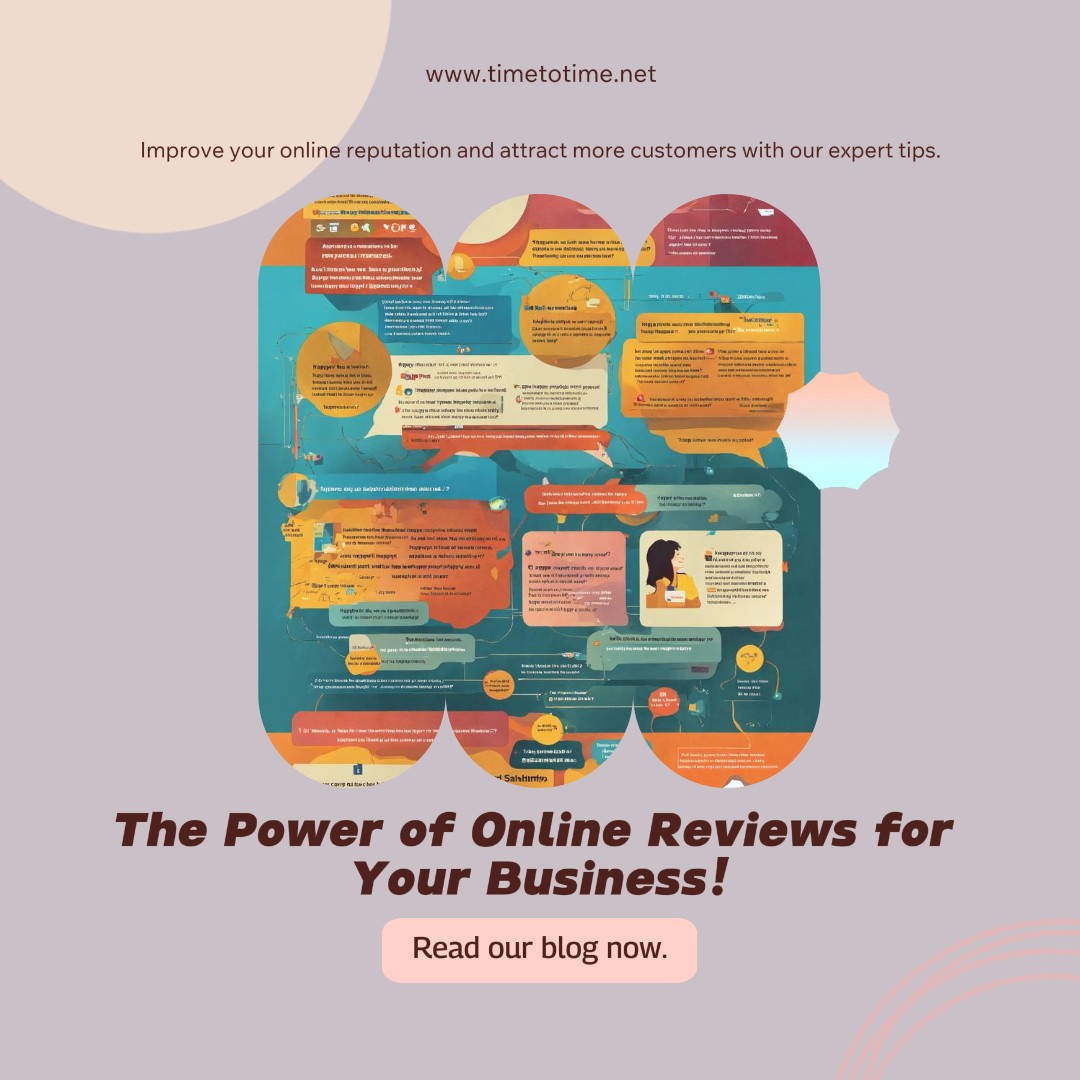In today’s world where everything is projected into the electronic world, online platforms for a business are advantageous. If you are either a small shop owner or a big company, it is a must to have a website. To put it differently, every business needs a website, but how does it work? Indeed, there are numerous Content Management Systems (CMS) out there, and quite a number of people are likely to have more than one. This article will provide clarity on the issue, deconstructing the whole learning process so that it is possible to decide what the appropriate option for you is.
1. What is a Content Management System (CMS)?
CMS which denotes Content Management System is a computer application employed to construct, modify, organize, and publish content or mainly web sites without the need of any encoding.
It’s similar to some emerging scenario of an online office in which all the content of your site: text, graphics, links etc is organized in a simple way. All these can be done more efficiently through a CMS irrespective of the user’s level of technical expertise.
2. Why It’s Important to Select the Most Appropriate CMS
It’s not quite an easy task to select a content management system and in that sense, it’s comparable to the choosing of a basement for a house. If it is good, then, you are good for the coming years. If it is not, you will be having some unnecessary frustrations in the future. If used properly, the CMS can help to save time, increase security of the site and help to expand the site efficiently, as many more businesses come up.
3. What to Consider When Opting for a CMS
There are specific attributes you will want to look for in a CMS, such as the following:
- Ease of use: Can you and your team quickly learn how to manage the website?
- SEO capabilities: Traditionally, does the CMS come with diverse components or add-ons for enhancing your website’s rank on all major search engines?
- Customization: How much ease will you be able to go about reconfiguring the CMS to suit your business requirements?
- Security: How safe and secure is your data and is there a major concern for that?
- Support: Is there a large community or a responsive customer support team?
4. Popular Content Management System Platforms. Summary
There are several CMS platforms which dominate the industry. Here’s a quick edification:
- WordPress – This is the most widely used CMS and is loved because of the flexible architecture and thousands of plugins available.
- Joomla: It attempts to balance both cases, yet is not as straightforward as the ordinary user would like it to be offering CMS capabilities to large and medium sites.
- Shopify: This is a CMS designed for online retailers.
- Drupal: It is characterized by remarkable functionalities and the possibility of being adapted to suit any high order clients.
- Wix: This is an easy to use drag and drop web builder designed for beginners and small businesses.
5. Open-Source and Proprietary CMS: Which One is the Best?
CMS can be divided into two main categories. These are; Open-source and Proprietary. Open-source CMS for instance includes WordPress and Joomla. This is mostly free but more technical. Owning a WordPress website also comes with challenges hence users must be more knowledgeable. On the other end, proprietary CMS which include for instance Shopify or Squarespace are more simple to operate but involve the continuous payment of fees.
Open source can be pictured as a car; you have it but you will have to take care of it. Operating on a proprietary CMS is more akin to a lease when a rental fee is paid but there are restrictions to changes that may be implemented.
6. Customization and Flexibility: The Core of a Good CMS
Each organization is different which means the CMS must be able to embrace some level of branding. One way or the other, “customization” has never gone out of the picture. For example, it is possible to change the some how complicated layout, add different features or make some integrations. Among them Core WordPress, there are quite a lot of improvements for business people oriented towards customization because there are a lot of themes and plugins.
7. Ease of Use: Why Simplicity Matters
Such a system is very intuitive and even people who do not have deep technical skills will find it easy to use the CMS. If you find yourself outsourcing even the smallest updates and changes all the time then you have selected the wrong CMS. Such systems should contain easy to follow interfaces, drag-and-drop building tools, and easy tutorials for getting everything up and running.
8. SEO Friendliness: Promoting Number 1 Ranking of Your Website on Searches
In such a competitive landscape, no website can do without SEO (Search Engine Optimization). Some content management system platforms, more so, WordPress have plugins like Yoast SEO that easily modifies SEO making this CMS flying under marketing. Some CMS have built-in features that enable the user to modify the URL structure, include inclinations for meta tags and generate a sitemap that can be beneficial for the Search Engines indexing – a check that you do during selection.
9. Security Features: Protecting Your Company from Cyber Threats
As e-crime increases, security concerns will forever remain as one of the key considerations in a CMS. Make sure you choose a CMS that provides SSL certificates, two factor authentication and up to date security features. Freedom with open source platforms could land on the extra installation of security plugins while proprietary systems tend to ship with security features.
10. Scalability: Accompanying the Business in Growth
This suggests that a CMS should not be static being more focused on the available resources, added integrations or features as the company grows. Elevation e-commerce CMS, for example, offers scalability, even on eCommerce websites like Shopify, whilst WordPress and drupal have almost limitless modifications, which will accommodate the specific requirements of the firm in the future.
11. Cost Considerations: Where the Needs of the Implementation and the Budget are Intertwined
It’s always practical to consider cost among other factors when looking for or installing a content management system. These platforms are considered free but have other costs such as domain and hosting services as well as theme and plugin need. Monthly subscriptions are available in many Proprietary CMS platforms that also include the use of hosting and security services. Most importantly and probably the least understood by most is the analysis of short term versus long term costs.
12. Mobile Responsiveness: Providing the Changing Users with Hosting Programs that Reach out to Them Assertively.
By 2024, the number of people connecting to the network through mobile devices will be at the highest level. A CMS must be meant viewable on mobile devices, which means it should be able to change the look and working of your website for small devices. Most of the recently developed CMS systems include this feature but it is very important to check if the theme or the template designed is responsive.
13. Integrations: Bridging Your CMS with other Platforms
Your CMS should be able to work in conjunction with other applications so that the workflow is uninterrupted. Some of the applications are CRMs (Customer Relationship Management systems), e-mail marketing platforms, eCommerce solutions, etc. Take WordPress for instance, it has a number of plugins that can integrate with virtually any application that is needed for websites of any type.
14. Community Support and Resources
For the in-built editor with CMS, there’s always a comfort of a community around that can be accessed whenever there is the need to use them. Systems like WordPress or Joomla are open source cumulative in nature where people can upload and share minutes upon minutes of tutorials, forums, and thousands of plugins. On the other hand, customized esse systems usually have proper customer support services, which is a plus if you prefer to get assistance as opposed to doing all the fixing by yourself.
15. Conclusion: Making the Final Choice
Selecting a suitable CMS for your company is choosing where it is possible to meet expectations of particular functionality, usability, perfection in pricing, and ability to grow. Even though you will choose either the open source software which allows for flexibility or the proprietary system which is more comfortable, what is crucial is that, it should address the issues of your organization and be scalable.
FAQs
1. Which is the best CMS suitable for small businesses?
Wix and WordPress are two favorite platforms for small businesses since they are easy to navigate and cheap on the pocket and also offer customization options.
2. Which is more suitable for ecommerce features, WordPress or Shopify?
Shopify is easy to use and is intended for eCommerce sites; in comparison, WordPress is highly flexible but may require time, effort and resources to set it up for eCommerce.
3. Am I allowed to change my CMS in the future?
You may do so, although such would require either time, effort and resources depending on the degrees of content and customization you have in your possession. It is better to stick to specializing in such topics from the beginning.
4. How is a CMS different from a website? Does it provide most of the functionality of a website?
A CMS gives you a lot more features and power and control over managing your site whereas website builders (such as Wix) are more basic and have drag-drop options but restrict many customization.
5. Are there specific site requirements that need to be imposed before the selection of a better alternative to that of the sites management system?
SEO is very central since it helps promote the existence of your site to prospective internet users. The right CMS well equipped with SEO capabilities, or has good SEO add-ons will lift your site ratings on search engines.






